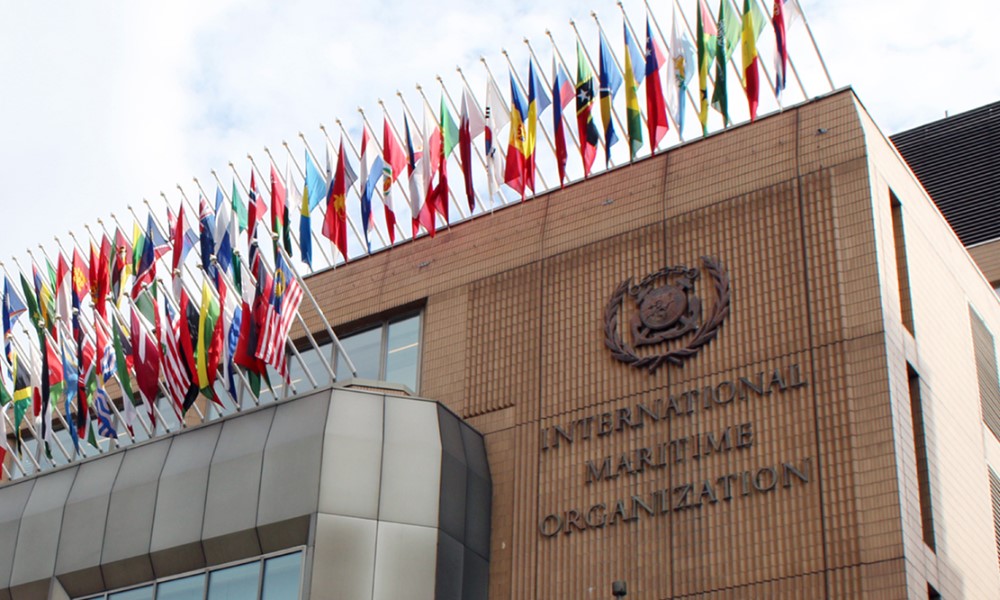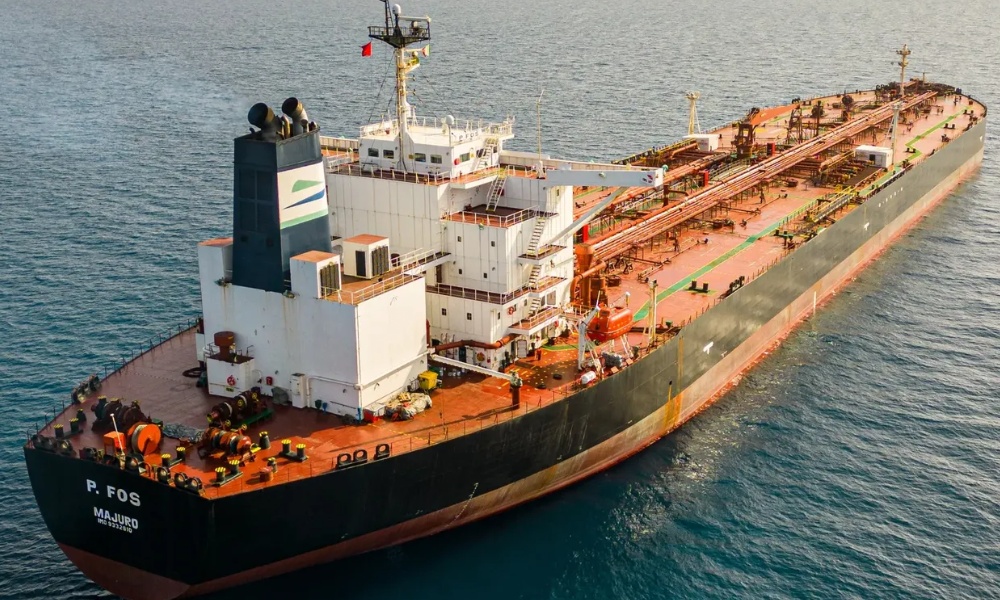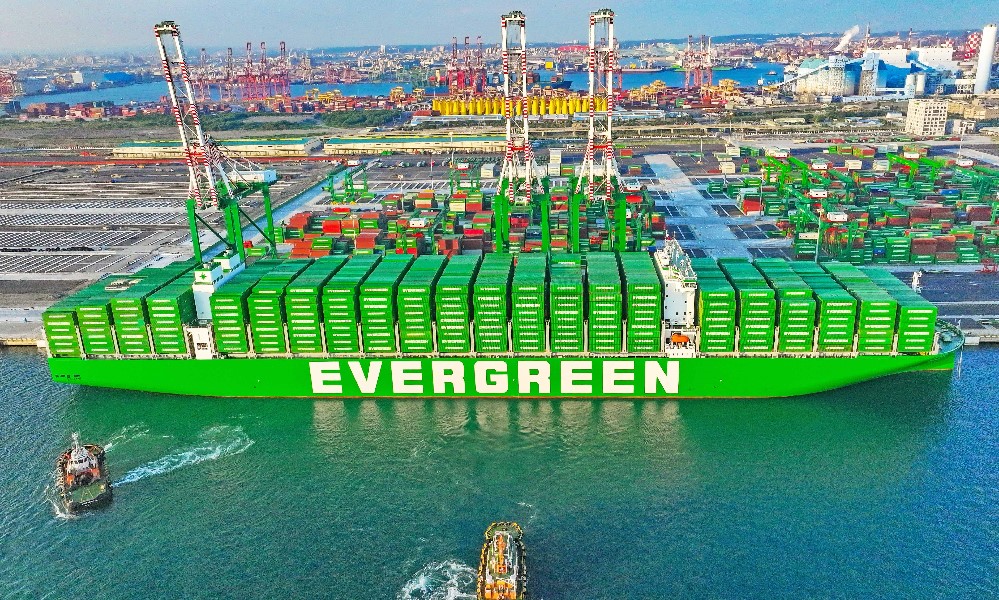Too close to call: IMO’s make-or-break vote to define shipping’s decarbonisation path
Source: Splash247
The global shipping industry will find out today its green future with one of the most contentious Marine Environment Protection Committee (MEPC) meetings drawing to a close this evening at the London headquarters of the International Maritime Organization (IMO) and the vote on the Net-Zero Framework (NZF) now deemed too close to call.
The US has led the opposition to the NZF, IMO’s proposed path to ensure shipping decarbonises by around 2050, with the government in Washington issuing threats of sanction to nations that vote in favour of the NZF. Countries backing the IMO’s decarbonisation plan could face port bans, visa restrictions on seafarers, and punitive vessel fees, the US has warned, while earlier this week, the American delegation, in partnership with Saudi Arabia and a number of other petrostates, has been working to create a procedural shift at the IMO that could delay or even block the NZF from entering into force.
“This isn’t just about process. It’s about power and political will,” commented Peter Jameson, managing director of Boston Consulting Group, in a post on LinkedIn.
In a post on Truth Social yesterday, president Donald Trump declared the US “will NOT stand for this Global Green New Scam Tax on Shipping, and will not adhere to it in any way, shape, or form.” The president characterized the measure as a threat to American consumers and called on member states to “vote NO in London.”
This isn’t just about process. It’s about power and political will
Yesterday, the committee was unable to bring delegations together to proceed with its review of the finalised resolution for the formal adoption of the consolidated MARPOL Annex VI amendments including the NZF. Rising tensions over both content and sequencing of decisions to be taken led the exasperated chairman, Harry Conway of Liberia, to quip whether there was a doctor in the room and to agree to a request of the US to allow time for informal consultations.
This meant that the plenary session could not proceed in the afternoon with reviewing the report of the drafting group , which had worked late into the evening on Wednesday to complete its work. Unless positive solutions emerge this morning around which delegations can rally, the renowned IMO spirit of cooperation is in grave danger of faltering and scuppering any hope for the entry into force of the NZF on the target date of March 1, 2027.
A formal vote on adoption is expected to take place today and requires a two-thirds majority of MARPOL contracting parties present and voting to be successful. Even if it does succeed, any number of abstentions from the vote would not be good for the IMO’s credibility. The European Union voting as a united bloc now appears unlikely, with sources telling Splash that Greece, Cyprus and Malta are likely to abstain.
“I can’t recall witnessing an IMO meeting with so much in flux on such a large scale,” said one source at the IMO with decades of experience of attending meetings at the United Nations body.
A proposal by the United Arab Emirates to include an operative paragraph in the draft MEPC resolution asserting that the IMO’s NZF “is the only global maritime mid-term measure for international shipping so as to avoid a possible patchwork of duplicative State or regional measure” could help limit the damage.
An extensive work plan to prepare for entry into force could also not be reviewed yesterday. It had been drafted by the secretariat prior to the meeting and was further developed by a working group, which identified 14 major work streams. These include inter alia the development of implementation guidelines on issues such as the greenhouse gas fuel intensity (GFI) and GFI compliance approaches; zero or near-zero greenhouse gas emission technologies, fuels and/or energy sources; further development of the IMO Life Cycle Assessment Framework for fuels; the pricing mechanism for the GFI reporting periods starting 2031 and onwards; promotion of technical cooperation and transfer of technology; and food security.
A proposal by Egypt to establish a new IMO sub-committee to deal with the workload related to the reduction of greenhouse gas emissions received broad support on Thursday morning.
In the event that the framework does pass today, a technical group is scheduled to meet October 20-24 to finalise guidance on fuel definitions, revenue spending, and compliance rules ahead of the 2027 implementation timeline. Whether the Trump administration would recognise the legislation is a whole other question.
The original article: belongs to Splash247 .



